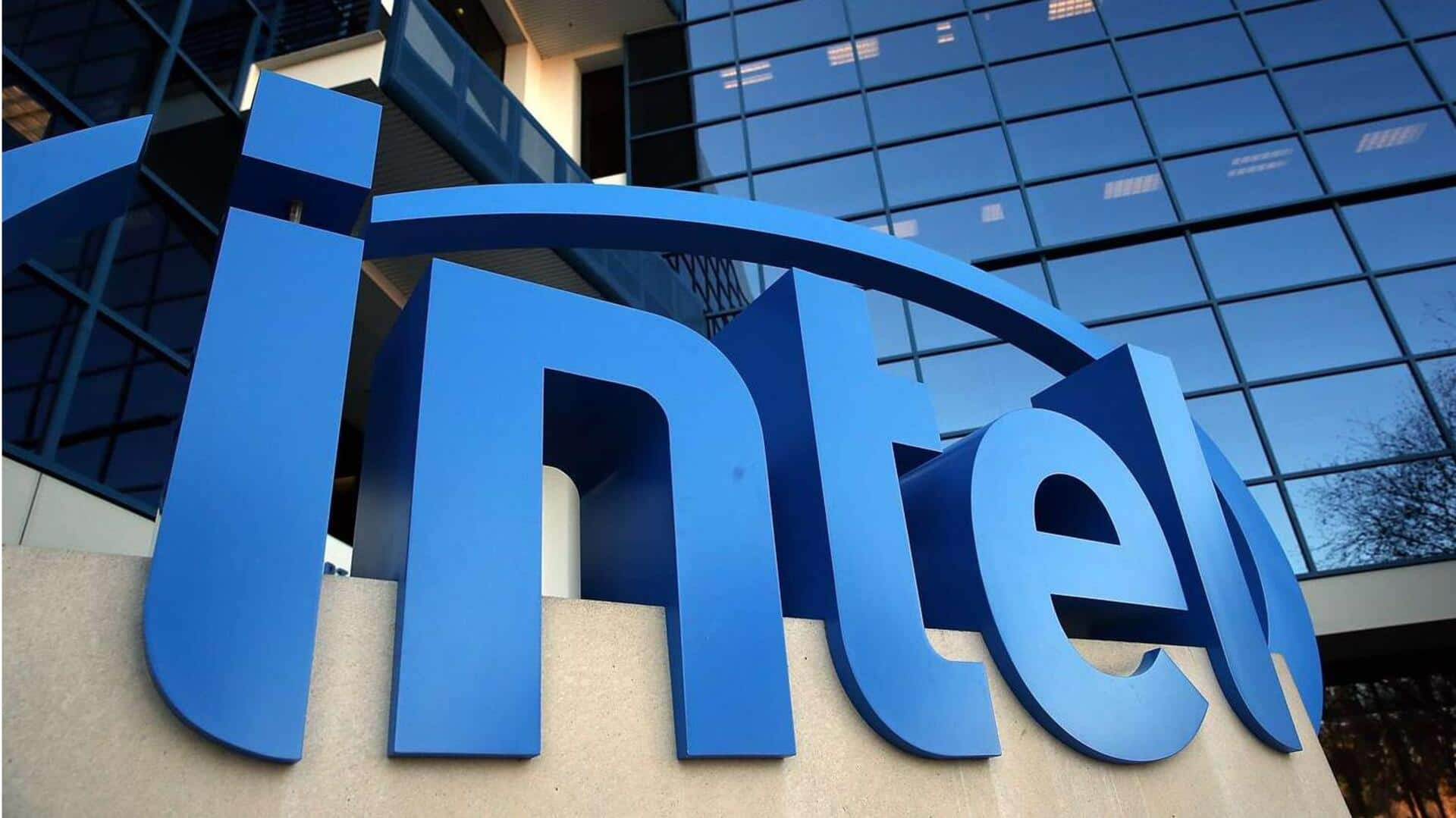
Qualcomm is planning a takeover of Intel: Report
What's the story
Qualcomm, a leading name in the chip industry, is reportedly contemplating a takeover of Intel, according to The Wall Street Journal. This potential acquisition comes at a time when Intel is facing significant challenges, despite its historical dominance in the sector. The New York Times has also confirmed these discussions, but clarified that Qualcomm has not yet made an official offer for Intel.
Market dynamics
Qualcomm's resurgence and Intel's struggles
Qualcomm has recently reentered the desktop chipset market, as part of Microsoft's AI PC strategy. The company launched the Snapdragon X Plus and Snapdragon X Elite processors, which have been praised for their AI capabilities as well as performance. On the other hand, Intel is facing difficulties with substantial cuts in strategy shifts, a 15% downsizing of its workforce in August, and a $1.6 billion loss.
Business woes
Market value and production problems
Intel, once the world's most valuable chip company, is now valued at $87 billion after its shares plunged by 60% this year. The company has announced plans to spin off its chipmaking business, and has faced difficulties with its own 18A manufacturing process. Additionally, Intel had to rely on Taiwan Semiconductor Manufacturing Company (TSMC) for the production of some of its advanced processors.
Setbacks
Missed opportunities and market challenges
Intel missed an opportunity to supply chips for the upcoming PlayStation 6, a contract that could have boosted its market position. The company also faced criticism from PC gamers after two generations of its flagship chips were found prone to unexpected crashes. Despite these challenges, Intel is preparing to launch its new Lunar Lake processors in October, in a bid to regain market share.
Industry shift
Intel's loss of Apple orders and AI race
In 2020, Intel suffered a significant setback when Apple transitioned from Intel-based chipsets to its own custom-designed M-series chips. This move marked a major industry shift. Unlike Qualcomm, which outsources chip production to TSMC and Samsung, Intel manufactures its own chips but has struggled to keep up with technological advancements in the AI sector, dominated by NVIDIA's processors.